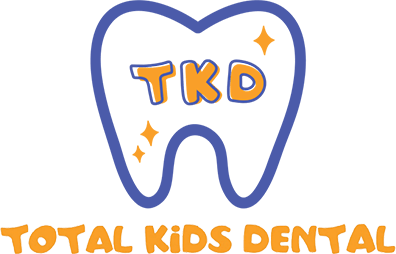
Teething, the process during which teeth emerge in the mouth, can be a challenging ordeal for both kiddos and their parents. Infants tend to become rather irritable and occasionally unwell as their baby teeth make their debut. To pave the way for a smoother teething experience, it's important to familiarize yourself with what to expect and understand the reasons behind the pain your kiddo may experience. It’s also important to remember that once your kiddo's teeth start making their appearance, it's time to initiate a daily tooth-brushing routine as well.
Here Are the Phases of Teething:
0 to 6 Months:
Babies enter this world with a full set of twenty teeth under their gums. Some babies might exhibit signs of teething as early as 3 months of age, however, it’s not as common. During this time frame, teething-related discomfort/pain should be at a minimum.
6 to 10 Months:
Get excited! Your baby's initial set of teeth are about to grace the scene! Typically, the first teeth to come in are the front ones, the incisors. More often than not, the lower incisors appear before their upper incisors. Though the discomfort signals may start earlier, incisors generally emerge around the 6-month mark. Your baby will likely intensify their chewing habits on anything within their grasp, from hands to toys. To mitigate the associated discomfort and offer a diversion, it's beneficial to provide appropriate teething aids or remedies that apply the necessary pressure to soothe those aching gums. You may also observe an uptick in drooling, so a small bib can be your ally in keeping the baby's face dry and preventing any rashes. This is also a great time to incorporate dental brushing!
10 to 14 Months:
During this phase, the first primary molars begin their ascent. These molars are located in the upper and lower jaws, towards the rear of the mouth. These molars are larger and often coincide with a loss of appetite, increased drooling, irritability, and a heightened desire to gnaw. Changes in sleeping patterns might also become evident due to the increase in discomfort. If your baby seems to be in severe pain or is significantly discomforted, consider giving Tylenol or Motrin (please follow the correct dosing instructions with your dentist or doctor). By this stage, incorporating a twice-daily parental tooth-brushing routine is important to do to help prevent cavities.
16 to 22 Months:
During this phase, your baby's canine teeth come start to come in. These canines will come in between the molars and the incisors. Once these teeth make erupt into the mouth, you'll observe a more developed and complete smile on your little one!
25 to 36 Months:
Finally, the secondary primary molars emerge. These are the largest teeth in the mouth, and this period often proves to be the most uncomfortable during teething. Comforting your baby might require a bit more effort, but patience is key. Take the time to
experiment with different soothing remedies as well as Tylenol or Motrin (as needed, and under the guidance and supervision of your child’s doctor and/or dentist). Most children have their full set of developed primary/baby teeth by 36 months of age, or by their third year.
Understanding Teething Discomfort:
Why does teething hurt? A baby's teeth begin their development while still in the womb. When they finally make their debut, they emerge through the gum line. However, the teeth don't cut through the gums per se. Instead, the body releases hormones that prompt the cells in the gums to break down and separate, allowing the teeth to emerge. This process can lead to tenderness, swelling, and a general sense of discomfort. In some instances, a mild fever may accompany these teething symptoms.
It's worth noting that the teething phase coincides with a gradual reduction in immune function. Babies transition from passive immunity to active immunity as they lose the antibodies passed on from their mothers. This diminished immune function occurs just as babies begin to explore the world with their hands and mouths due to the teething process. Exposure to bacteria from these objects and their contact with your baby's raw and emerging gums can give rise to infections and illnesses. Hence, what might initially appear as teething symptoms could potentially be a separate illness.
Tips for Soothing a Teething Baby:
- Gently apply pressure by massaging your baby's sore gums with a clean finger to provide temporary relief.
- Employ a cold, damp washcloth to massage the gums, which can offer relief and reduce inflammation.
- Offer your baby a teething ring. Opt for silicone or rubber-based teething rings, as they are easier to sanitize and resistant to cracking. For additional comfort, place the teething ring in the refrigerator, but avoid the freezer, as extreme temperatures can damage the gum line.
- Over-the-counter pain relief medicines are available, but it's advisable to seek recommendations from your pediatrician (these include Tylenol or Motrin).
We hope this blog article helps answer your questions about teething! If you have any other questions, please feel free to contact one of our offices at:
Total Kids Dental
602 West Union Hills Drive, Suite #9
Phoenix, AZ 85027
602-610-5088
Total Kids Dental
3825 North 75th Ave, Suite #101
Phoenix, AZ 85033
602-610-5088

